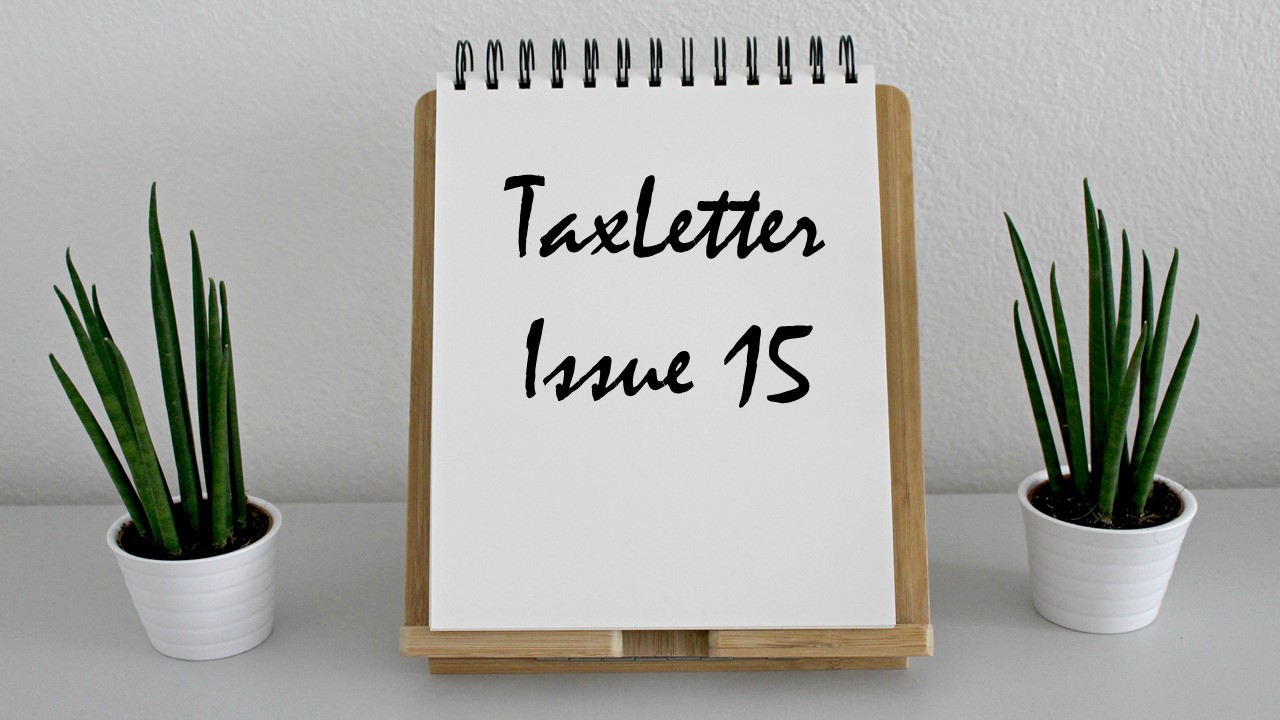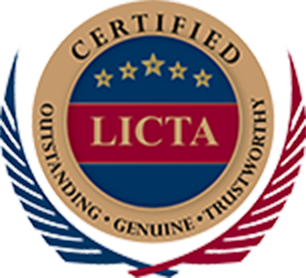Tax Audit in Malaysia: A Guide for Taxpayers in Malaysia
Taxation is an essential part of the Malaysian economy, and the Inland Revenue Board of Malaysia (IRBM) plays a critical role in ensuring compliance with tax laws and regulations. As part of this responsibility, IRBM carries out tax audits to verify that taxpayers are reporting the correct amount of income and paying the right amount of taxes. In this article, we will discuss the legal provisions, definitions, and procedures related to tax audits in Malaysia.
-
-
What is tax audit?
A tax audit is an examination of a taxpayer’s business accounts and financial affairs to ensure that the correct amount of income has been reported and taxes paid in compliance with tax laws and regulations. IRBM carries out two types of audits: desk audits and field audits:
- Desk Audit: Desk audit takes place at IRBM’s office and involves checking information on income and expenses, as well as claims made by taxpayers in their income tax return. If specific issues arise, the taxpayer will be informed through a field audit notification letter and the case may be referred for a field audit.
- Field Audit: Field Audit takes place at the taxpayer’s premises and involves examining taxpayer’s business records. In the case of sole proprietor or partnership, if the taxpayer’s business records are incomplete. It may involve examination of non-business records such as bank statements or credit card statements, may also be examined.
- How much the year of assessment tax audit is covered?
Generally, a tax audit is carried out for up to three (3) years of assessment. However, it may be extended to five (5) years of assessment depending on the audit issues found.
- How IRBM selects taxpayers for audit?
IRBM selects taxpayers for audit based on various factors, including:- Risk assessment
- Information received from third parties
- Specific industries
- Specific issues for a group of taxpayers
- Location, etc.
- How is a tax audit carried out?
i) Initial Audit Action- The IRBM will issue a “Request for Documents and Information Letter” to the taxpayer either via official e-mail, fax, or mail. The taxpayer is required to provide the requested documents and information within 14 days from the date of the letter being issued.
- For field audits, the IRBM will issue a “Compliance Visit Notification Letter” at least 14 days prior to the date of the audit visit. The taxpayer can request to reschedule the visit if they have reasonable grounds for doing so.
ii) Audit Visit
- A field audit requires an audit visit, which can be performed at the taxpayer’s business premises, the IRBM office, or any other agreed upon location.
iii) Duration of Field Audit Visit
- The audit visit typically lasts between one (1) and three (3) days. However, the duration may be extended based on following factors
– The size and complexity of the taxpayer’s business transactions
– The form in which records are kept
– Extent of cooperation from the taxpayer.
iv) Record Review / Examination
- During the audit, the audit officer has the right to:
a) Review the taxpayer’s business records, including physical examinations of inventory, business equipment, and other relevant items.
b) Review records for sole proprietorship and partnership cases other than the taxpayer’s business records. c. make copies of relevant records and documents.
d) Request the taxpayer’s original records and documents, with the audit officer providing a signed list and acknowledgment of receipt.
e) Access computer systems, servers, or other devices and download accounting data onto storage media such as a CD, pen drive, or portable hard drive. - According to Sections 82 and 82A of the Income Tax Act (ITA), taxpayers are required to maintain sufficient and complete records that allow the determination of their business income or loss.
- Failure to comply with subsections 82(1), 82(3), and 82(5) of the ITA by not maintaining sufficient and complete records is a violation of section 119A of the ITA.
- In the event that a taxpayer fails to maintain sufficient records, the audit officer will use the best method available to determine the proper reporting of income.
v) Audit Settlement
– Taxpayers may be called or present to the IRBM’s office to discuss audit findings issues or seek clarification on the progress of the audit process or provide further information to expedite the settlement of the audit.
– The taxpayer shall be notified in writing through the “Case Review Findings Letter” covering the following matters:
- the audit issues raised; and
- the reasons and rationale of the issues raised.
– The taxpayer will be given the chance to provide feedback and clarification regarding the audit findings.
– If the taxpayer is dissatisfied with the audit findings which are issued, the taxpayer may make an objection within 18 days from the date of the “Case Review Findings Letter” by submitting additional information and supporting evidence to support his objection.– The taxpayer’s objections will be reviewed and the taxpayer will be informed accordingly of the final audit findings.
– If no objection is received within 18 days from the date of the “Case Review Findings Letter”, the taxpayer is deemed to have agreed to the audit findings.
– Amount of income, tax, and penalty adjustments (if any) and the years of assessment involved shall be notified by the “Case Settlement Letter”. Subsequently, a Notice of Assessment or Notification of Non-chargeability will be issued.
– If no adjustment is made, a letter notifying of an audit settlement without adjustment will be issued
– Under certain desk audit cases, a “Case Review Finding Letter” will not be issued to the taxpayer. But the taxpayer will be notified of income and tax adjustments with the notice of assessment.
– The audit case must be completed within 90 days from the commencement of the audit visit date or the date of the “Determination of Commencement of Case Settlement Period Letter”. If the case cannot be resolved within 90 days, the taxpayer will be notified by the IRBM.
– Completed audit cases will not be re-audited for the same year of assessment and issue. However, in the event of other issues or new information is received for the respective year of assessment, a re-audit may be carried out.
-
What is the penalty for tax audit findings?
Under the ITA, taxpayers can face penalties if the audit findings reveal any understatement or omission of income. The penalty is imposed under subsection 113(2) of the ITA and is equivalent to the undercharged tax amount (100%). For the purposes of the Tax Audit Framework, the penalty is imposed at a rate of 45% of the tax undercharged. However, the Director General of Inland Revenue (DGIR) has the discretion to reduce or eliminate penalties under subsection 124(3) of the ITA.
In cases where the taxpayer commits a repeated offense after being audited or investigated, the penalty rate can be increased to 100% of the tax undercharged under subsection 113(2) of the ITA.
There are also concession penalty rates for taxpayers who voluntarily make a disclosure. Taxpayers are only eligible for these concession rates if they make a voluntary disclosure before the audit has begun. The penalty rates for voluntary disclosure cases under subsection 113(2) of the ITA are as follows:
- What is the payment procedures?
– If there are any taxes and penalties arising from audit adjustments, the taxpayer is required to make full payment of the taxes imposed and the penalties. Payments can be made through a designated agent or IRBM Payment Counter.- The IRBM may consider the taxpayer’s application for payment of additional taxes and penalties through installment schemes for a specified period. The application for an installment scheme must be submitted to the relevant IRBM Branch Director for approval.- If the taxpayer fails to make payment within the allowed period or the agreed installment period, a tax increase will be imposed on the unpaid tax balance.
- How to appeal for a tax audit?
As a taxpayer in Malaysia, if you are not satisfied with the outcome of a tax audit, you have the option to challenge the assessment. Here are the steps you should follow to file an appeal:- File your Appeal Within 30 Days of Receiving the Notice of Assessment/Notification of Non-Chargeability: You must act quickly and file your appeal within 30 days of receiving the assessment notice.
- Submit a Completed Form Q: All appeals must be submitted through a completed Form Q to the appropriate Branch Director.
- Familiarize Yourself with the Rules for Appealing an Assessment: The rules and regulations governing the appeal process are outlined in Subsection 97A(2) and sections 99 to 102 of the Income Tax Act (ITA). It is important that you understand these rules and follow them when submitting your appeal.
- What are the legal provisions applicable to tax audits?
Provisions 描述 39(1A) Deduction is not allowed if information required by the Director General of Inland Revenue (DGIR) through a notice under section 81 of the ITA is not provided within the time specified 78 Power to call for specific returns and production of books 79 Power to call for statements of bank accounts etc 80 Power of access to buildings and documents etc 81 Power to call for information 82 Duty to keep records and give receipts 82A Duty to keep documents for ascertaining of chargeable income and tax payable 97A(2) & 99 Right of appeal (shall not apply to a deemed assessment under s.90(1) and s.91A) 100 Extension of time for appeal 101 Review by Director General 102 Disposal of appeals (withdraw appeal) 112 Failure to furnish Income Tax Return Form (ITRF) 113 Incorrect Returns 116 Obstruction of Officers 119A Failure to keep records 120 Other offences 138 Certain materials are to be treated as confidential 138A Public Rulings 140 Power to disregard certain transactions 141 Power regarding certain transactions by non-residents
-
ANC Group – Your Personal Tax Advisor
Tax consulting is the core service of ANC Group. Our tax professionals provide clients with comprehensive tax support and guidance. We offer tax consulting and compliance services for expatriates, entrepreneurs, and listed and non-listed companies.
Our tax consulting services include business tax, transaction tax, personal tax, and corporate income tax. We don’t just guide you in interpreting and applying complicated taxation rules, but to explore new opportunities and business trends.
We keep you abreast with Malaysia tax updates and any changes in the local regulations.
We work closely with industry specialists, authorities, and associated professionals within ANC Group to provide the best-in-class integrated tax planning solutions. ANC specialists coordinate the accounting and taxation services to bring your business to success.
[vc_btn title=”Get a Quote” color=”orange” size=”lg” link=”url:%23Footer|title:Footer||” el_id=”buttonGetQuoteTaxService”]









